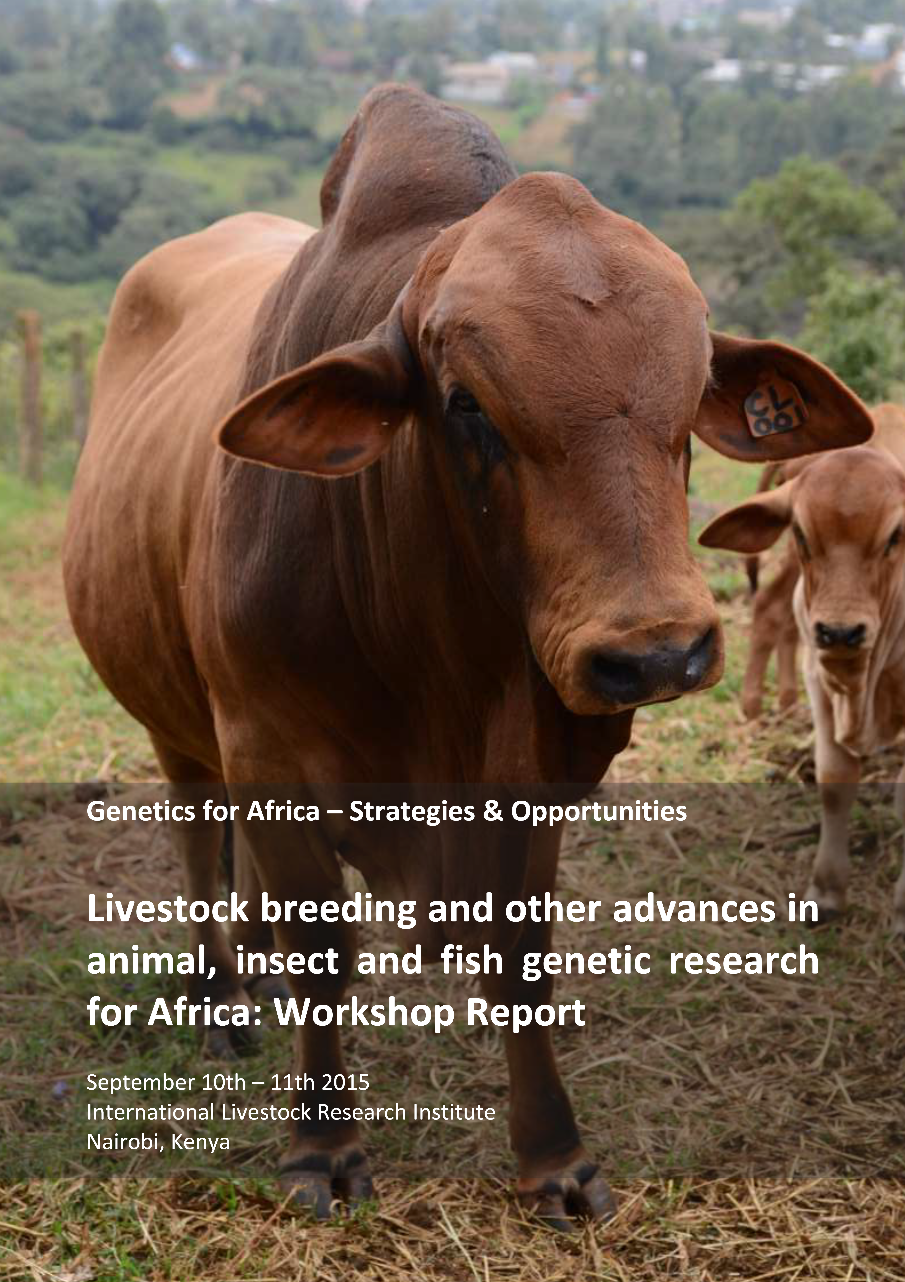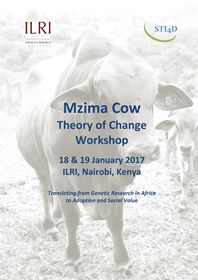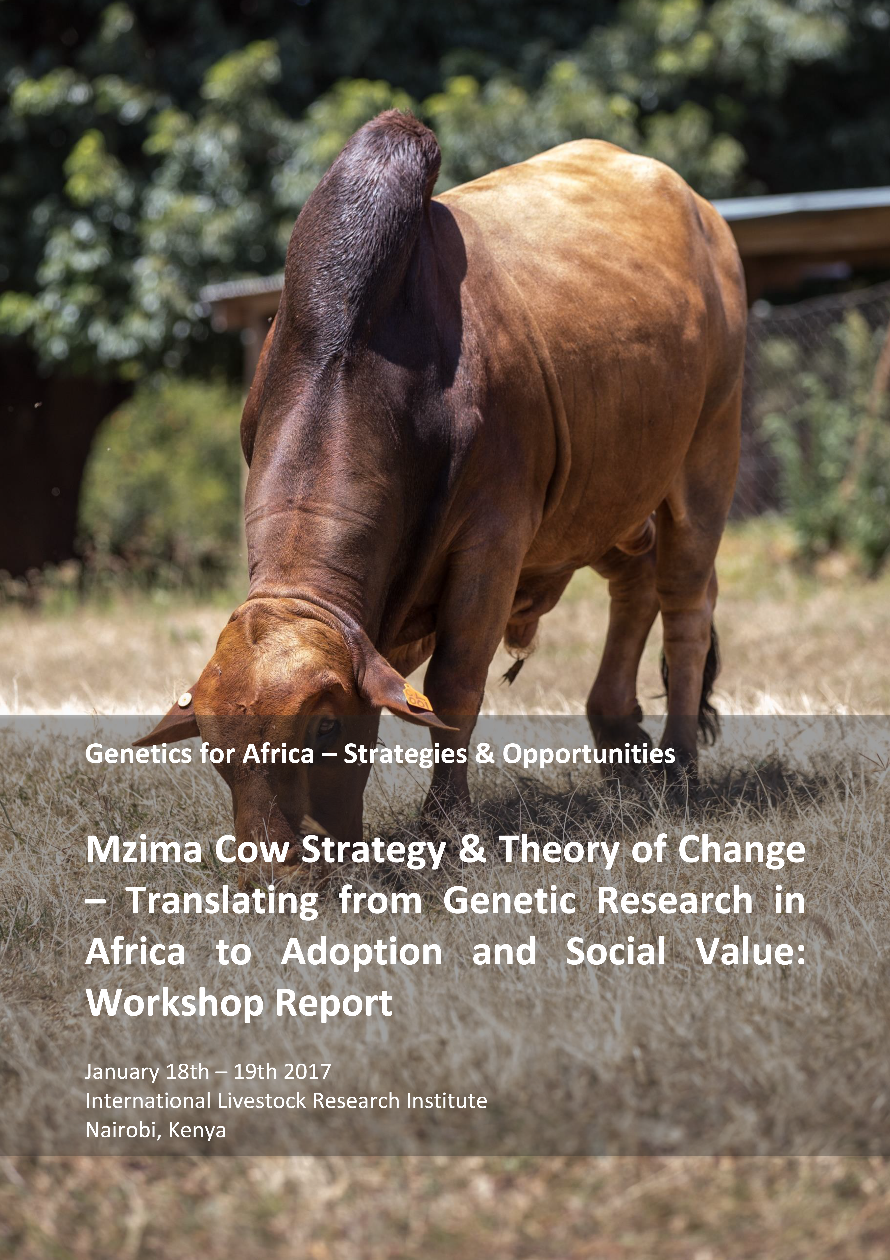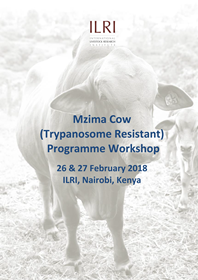Trypanosomiasis is one of the most significant constraints to cattle production in Africa. The disease directly affects livestock productivity (meat and milk production), and indirectly lowers crop productivity as cattle play a crucial role as farm labour, which means that in the absence of livestock resource-poor farmers are dependent on the heavy work of hand tillage. Cattle also contribute manure to agricultural land, important since the levels of use of chemical fertilisers in Africa are the lowest in the world.

Existing measures for controlling trypanosomiasis include the use of insecticides to control tsetse populations, a measure that is expensive; has important environmental effects which are not fully quantified; and requires sustained interventions over time to be effective, (so they rely on long-term political commitment and allocation of funding). Efforts to develop a vaccine against the parasites have so far yielded no positive outcomes due to the mutability of the pathogen; and drugs to treat the disease are expensive; not always available to farmers; and have important side effects.
The fact that trypanosome tolerance is not controlled by a single or few major genes makes it very difficult to improve target breeds by conventional breeding. Not only it is necessary to select for the presence of all the key loci in the progeny of breeding crosses, but also to remove undesirable genes and characteristics from the (trypanotolerant) N’Dama breed, such as low milk production. This would require a very large number of backcrosses to the Boran parent. This would be a time-consuming approach, very demanding on resources, and likely to result only in an imperfect solution, namely incomplete disease tolerance.
ILRI has therefore been investigating whether a biotechnology solution could convey trypanosomiasis resistance to cattle instead, with the goal of eventually being able to supply resistant animals to farmers, especially smallholders, in order to iprove health, nutrition and livelihoods in sub-Saharan Africa.
STI4D worked with ILRI and UK consultancy Change Through Partnership ltd, particularly to investigate regulatory, communications and stakeholder engagement issues. Relevant documents and links from our work are available below.




